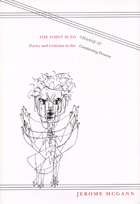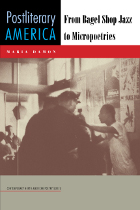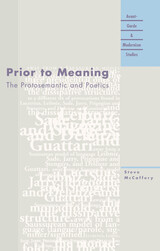Political Trust in China
University of Michigan Press, 2025
Paper: 978-0-472-05752-8 | Cloth: 978-0-472-07752-6 | eISBN: 978-0-472-90509-6
See other books on: Asian | Asian Studies | Democracy | Political Ideologies | Political Trust
See other titles from University of Michigan Press
Paper: 978-0-472-05752-8 | Cloth: 978-0-472-07752-6 | eISBN: 978-0-472-90509-6
ABOUT THIS BOOK | AUTHOR BIOGRAPHY | REVIEWS | TOC
ABOUT THIS BOOK
The authoritarian regime in China is a prime target of the US-led war on autocracy; however, the regime claims a majority of the Chinese people trust the government, with national surveys since the 1990s supporting this claim. How much do Chinese actually trust the one-party regime? Political Trust in China addresses the question of whether or not Chinese citizens have trust in their government, particularly because the surveys suggest they overwhelmingly do but the data is considered untrustworthy by some scholars. Instead of fully distrusting survey results, Li examines the contexts through which Chinese citizens are compelled to say they trust the government. Li argues that the larger issues in Chinese citizens’ trust in the government are of a recent nature and relate more to the autocratic turn the party has taken in the last decade, thereby breeding mistrust that Li theorizes will cause conflict in the event of power changing hands.
This volume argues that political trust in China is a power-accommodating and non-binding hope rather than a rights-based and binding expectation, as Chinese citizens do not have the right to grant and retract trust through free and fair elections. The Chinese authoritarian regime earns trust through indoctrinating people to engineer trust by subjecting people to political, economic, and social dependence. Li examines the ruling party and its operations, the ways that the party operates, enacts, and propagandizes policies, citizen participation measurements that signal either trust or distrust in the government and its policies, and election policy preferences.
This volume argues that political trust in China is a power-accommodating and non-binding hope rather than a rights-based and binding expectation, as Chinese citizens do not have the right to grant and retract trust through free and fair elections. The Chinese authoritarian regime earns trust through indoctrinating people to engineer trust by subjecting people to political, economic, and social dependence. Li examines the ruling party and its operations, the ways that the party operates, enacts, and propagandizes policies, citizen participation measurements that signal either trust or distrust in the government and its policies, and election policy preferences.
See other books on: Asian | Asian Studies | Democracy | Political Ideologies | Political Trust
See other titles from University of Michigan Press












